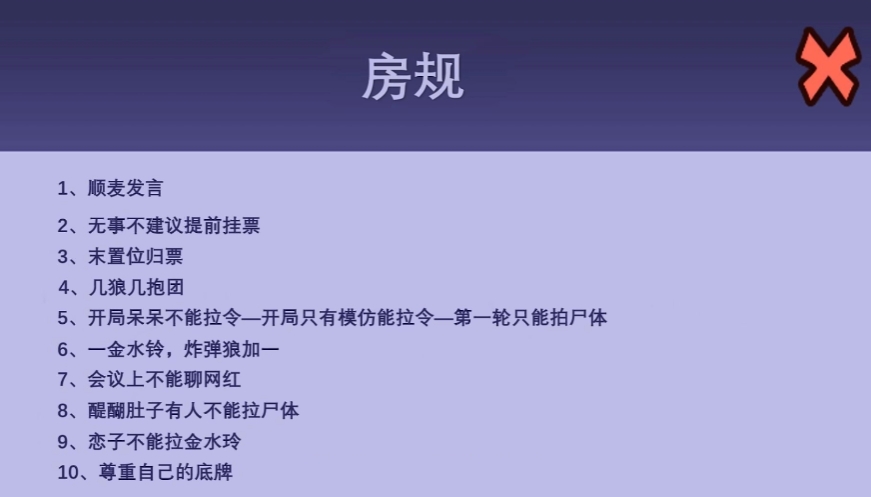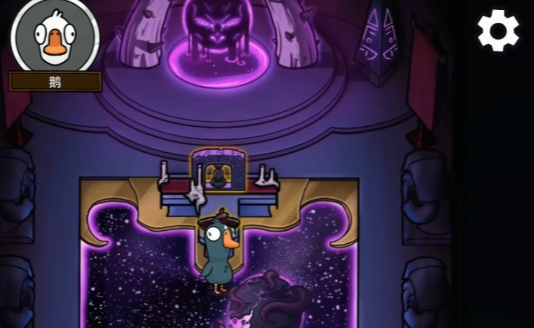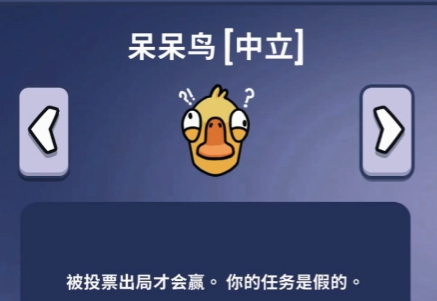Today, I'm bringing you an introduction to the Super Gold Room rules in Goose Goose Duck. In the gameplay of Goose Goose Duck, the Super Gold Room, as a high-level custom game mode set by players, constructs a more strategically deep and competitive gaming environment through specific rule settings. This type of room, while retaining the basic gameplay, refines various mechanisms with the aim of enhancing the fairness, logic, and strategic gaming experience of the matches. Let's take a closer look together.

The Super Gold Room implements strict orderly management for the speaking phase to prevent information chaos from affecting the reasoning pace. The speaking process usually starts with the person who raises the alarm, and players make statements in the order of their seating positions on the voting interface. The last speaker acts as the vote consolidator, responsible for summarizing and guiding the direction of the vote. This rule ensures that each player has an equal opportunity to express themselves, reducing information omissions caused by rushing to speak or chaotic talking. At the same time, the room generally prohibits dialogic communication; when a player speaks, they must maintain independent statements, and even if mentioning a specific individual, the other party is not allowed to respond. This eliminates emotional confrontations or team pacing phenomena, forcing players to rely on logical analysis rather than instant interaction to gain trust, thus enhancing the purity of the reasoning process.

The use of the golden bell in the Super Gold Room is strictly limited, typically only allowing the good camp to trigger it once per game. Neutral roles, duck camp, and linked roles are not allowed to use it. If the game includes a bomb wolf, an additional use of the golden bell is permitted to balance the influence of special roles. This rule forces the good camp to accurately grasp the timing of ringing the bell, locking down targets through high-quality discussions, avoiding the abuse of public discussion opportunities. Some Super Gold Rooms allow the justice no-fault knife mechanism, permitting players to attack proactively in the first round, but they cannot immediately ring the bell after attacking. A meeting must be triggered by touching the chicken leg. If the attacker can prove themselves to be a just messenger or a good role with the authority to attack proactively during the speaking phase, their actions will be recognized by the camp.

Regarding the self-destruction behavior of the duck camp, Super Gold Rooms generally stipulate that self-destructing players will be banned from speaking and directly subjected to unanimous expulsion. This curbs the tactic of ducks disrupting the rhythm or protecting teammates by sacrificing individuals. For neutral roles, if there are multiple faction neutral cards in the game, their votes are usually not counted in the total pool, and except for special roles, they are not allowed to abstain. This ensures that the voting results truly reflect the confrontation between geese and ducks, preventing neutral cards from influencing key decisions due to ambiguous stances.

The introduction to the Super Gold Room rules in Goose Goose Duck is now complete. Whether it's the good camp unraveling the mystery through orderly discussion or the duck camp creating chaos by exploiting rule loopholes, the special rules of the Super Gold Room provide a richer space for strategic competition, suitable for players seeking a challenging reasoning experience to explore deeply.


















